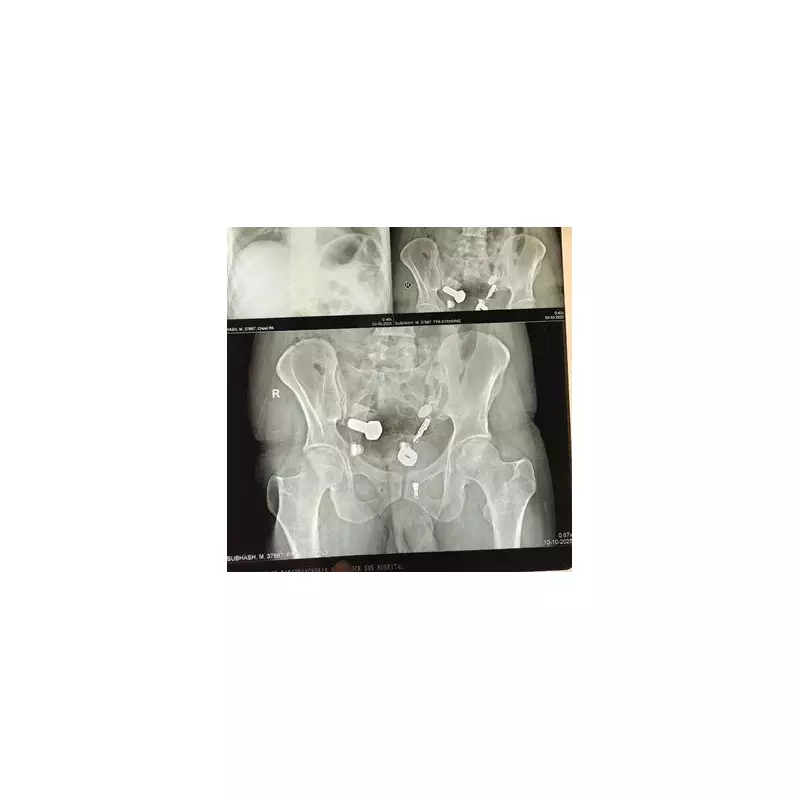
Doctors at a British hospital were left utterly stunned when what appeared to be a simple case of stomach pain turned out to be an extremely rare parasitic infection more commonly associated with tropical regions.
The Mysterious Symptoms
A patient arrived at hospital complaining of persistent abdominal discomfort that had been troubling them for weeks. Initially, medical staff suspected common digestive issues or food-related problems. However, when standard treatments failed to provide relief, consultants decided to investigate further.
The Shocking Discovery
During a comprehensive examination, doctors made an astonishing discovery that left the entire medical team in disbelief. The patient was suffering from a tapeworm infection - a condition so rare in the United Kingdom that many British doctors never encounter it throughout their entire careers.
How Common Are These Infections?
Tapeworm infections are exceptionally uncommon in Britain, with only a handful of cases reported each year. The parasites are typically found in regions with poor sanitation and specific dietary habits involving undercooked meat.
The Treatment Journey
Medical specialists immediately began an aggressive treatment plan to eliminate the parasite. The patient required:
- Specialised anti-parasitic medication
- Close monitoring of symptoms
- Follow-up testing to ensure complete eradication
- Nutritional support during recovery
Important Warning Signs
This extraordinary case serves as a crucial reminder that persistent stomach issues should never be ignored. Medical experts emphasise that while tapeworm infections are rare in the UK, they can occur. Symptoms to watch for include:
- Unexplained abdominal pain lasting more than a few days
- Unexpected weight loss without diet changes
- Digestive disturbances that don't respond to usual treatments
- General fatigue and weakness
This remarkable medical case demonstrates why thorough investigation of persistent symptoms is essential, even when they appear routine at first glance.





